For weeks after he first won the White House in late 2016, Donald Trump held court at Trump Tower, his Fifth Avenue skyscraper in Manhattan that perfectly embodied the man’s public image: a wealthy, gaudy titan of real estate and fixture of the New York tabloids. Wearing heavy overcoats as they came in from the cold, a parade of potential Cabinet appointees, members of Congress, and famous figures—from Bill Gates to Kanye West—strode past the array of cameras in the gold-covered lobby of Trump Tower to see the president-elect.
How times have changed.
Today, Trump’s transition is based not 25 stories above Midtown but more than 1,200 miles south at Mar-a-Lago, the past and future president’s South Florida club. A steady stream of appointment candidates, lawmakers, and influentials fly into Palm Beach International Airport, drive down Southern Boulevard, cross the bridge over the lagoon (on which throngs of flag-waving Trump supporters gather) and approach the resort-cum-fortress. Trump, with Elon Musk and other hangers-on by his side, has been largely holed up there since Election Day as he builds out his new administration. Political operatives have taken to referring to the transition as simply “Palm Beach.”
And while Trump has officially been a Floridian since he reregistered to vote there in 2019, the new Washington establishment he is creating for his presidency is beginning to take on a distinctly Sunshine State flavor. Potentially three of his key appointees—Sen. Marco Rubio for secretary of State, Rep. Mike Waltz for national security adviser, and Pam Bondi (preceded by Matt Gaetz) for attorney general—are Floridians. One of Trump’s key allies in the Senate is Sen. Rick Scott of Florida, who recently lost his second bid for leader of the Senate Republican Conference but represents the growing rump of anti-establishmentarians within the group.
“We have a lot of talent. We have a very deep bench,” said Brian Ballard, the Florida-based Republican superlobbyist whose D.C. business boomed under the first Trump administration. “It’s Florida’s time.”
No one represents this Florida takeover better than Susie Wiles, the co-chair of Trump’s 2024 campaign who will serve as his White House chief of staff. And Wiles is not just the architect (along with Chris LaCivita) of Trump’s victory this year. She’s a powerhouse in Florida Republican politics, getting a large amount of credit for both Rick Scott’s out-of-nowhere victory in his 2010 run for governor and Ron DeSantis’ win in the 2018 gubernatorial race. Wiles ran the Trump campaign’s Florida operation in 2016, putting the state back in the Republican column for the first time since 2004. In the eight years since, Florida has only tipped further into the GOP’s column, up and down the ballot.
“In 2024, it was a given” that Trump would win the state easily, Ballard said. “That’s largely because of people like Susie Wiles, people who have built the party, built the bench.”
That includes a bench of talented and trusted aides whom Wiles will bring into the White House. The transition has already announced that the incoming chief of staff will have two deputies with Florida ties: James Blair, who will head legislative, political, and public affairs; and Taylor Budowich, who will handle communications and personnel.
“Susie is obviously the tip of the spear and the leader of it all,” said Nick Iarossi, a Republican political consultant and lobbyist in Florida. “You’ve got two deputy chiefs of staff in the White House, both who have strong ties to Florida and who are going to be incredibly influential there at a very high level.”
For as much as Trump’s political orbit has been influenced by his adopted home state, the president-elect himself has shaped Florida’s political culture as well. There are the regular Trump boat parades, when his superfans tool up and down the state’s waterways with giant flags. There’s the multicultural working-to-middle-class coalition he has built there (Trump won 58 percent of Florida Hispanics in 2024, a remarkable swing from when he lost them to Joe Biden in 2020.) And over the last half-decade, Florida has become ground zero for the anti-woke culture battles as represented by the Melbourne-based Moms for Liberty, at whose annual gathering Trump spoke earlier this year.
The concentration of wealth in South Florida has also opened up the fundraising spigot for Republican campaigns and causes, both by bringing new donors into the MAGA fold and by creating a nexus for campaign financiers around Mar-a-Lago and Palm Beach itself. Among some of Trump’s biggest donors who live or own homes in Florida are Ike and Laura Perlmutter, Thomas Peterffy, John Paulson, Anthony Lomangino, Steve Wynn, and Trish Duggan. Several are literally Trump’s neighbors, living along “Billionaire’s Row”—aka South Ocean Boulevard—in Palm Beach.
“I think President Trump has also done a really great job of cultivating those relationships, you know, with his residence being there and some of the donor outreach that he’s done,” said Stephen Lawson, a Republican operative who worked for both the Scott and DeSantis gubernatorial campaigns. “I think, on top of that, you’ve also seen a lot of influx into Florida, you know, people leaving high-tax, high-regulatory states like New York, Illinois, and California.”
Iarossi agrees. “There’s just been this gravitational pull of donors to move to Florida from around the country, and it has just made it more and more lucrative for political candidates to come here who are Republicans to raise money,” he said.
Will Florida as the GOP’s new power center have an effect on how Trump and the Republican Congress govern? That’s less clear, though there’s great hope among DeSantis allies that his record of governance and the state’s recent legacy as an incubator for conservative policy will serve as a model for the second Trump term.
“We know how to govern,” Ballard said, pointing to Florida’s emergency management during hurricanes, the state’s low tax rates, and its education policy, from the data-based reforms of former Gov. Jeb Bush all the way through DeSantis’ decision to open public schools during the COVID-19 pandemic. DeSantis may not have won the GOP nomination for president, but he won reelection as governor by the biggest margin for a Republican in state history, and his status as one of the party faithful’s most beloved state executives remains.
“Florida looks pretty good and is doing really well,” Iarossi said. “So why wouldn’t we emulate that on a federal level?”
But despite the pro-DeSantis triumphalism, it’s clear that it’s Palm Beach, not Tallahassee, where the real power resides. Nowhere is that more clear than in the question of who will succeed Rubio in the Senate once he’s confirmed to run the State Department. It’s DeSantis’ choice, but the pressure is already on for the second-term governor to appoint none other than the incoming president’s daughter-in-law, Lara Trump.
DeSantis may be the governor of Florida, but Trump is its king.
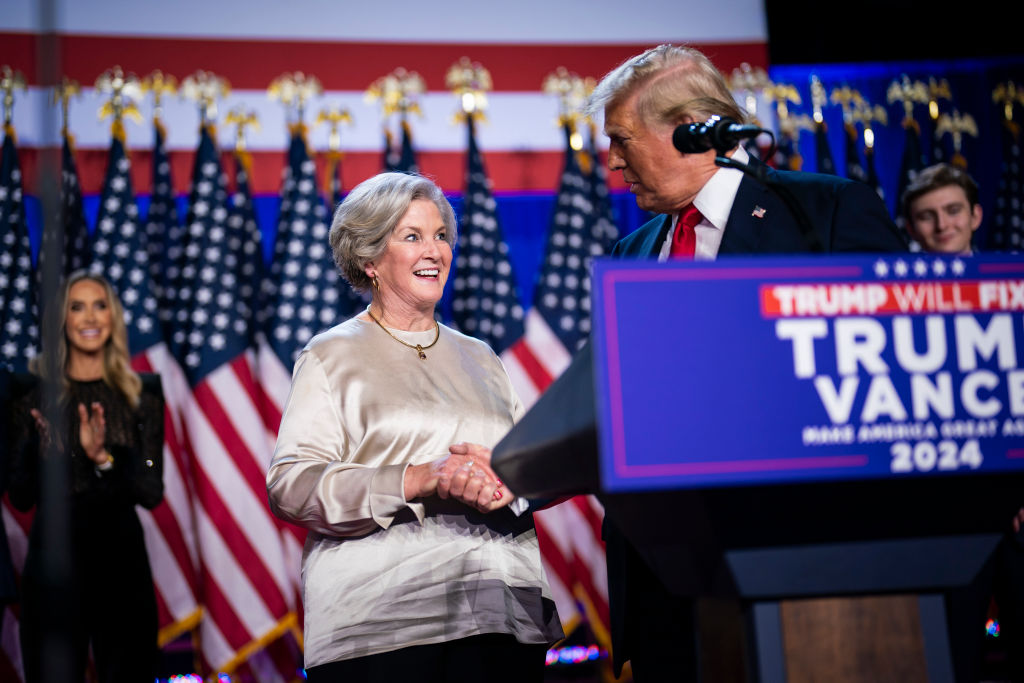

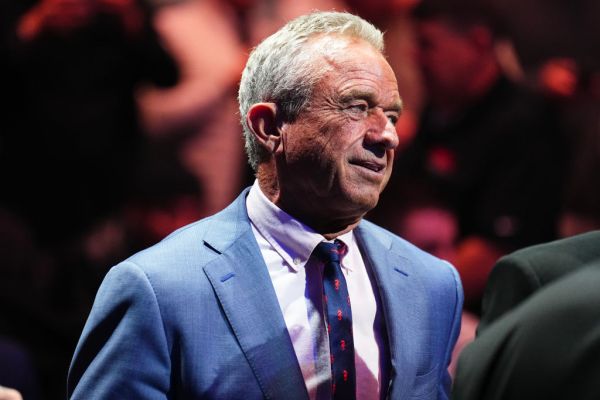
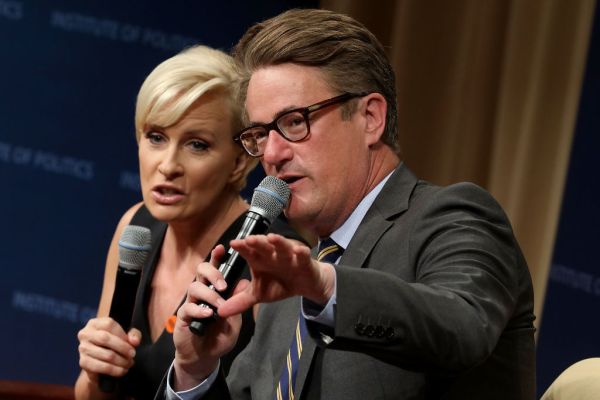
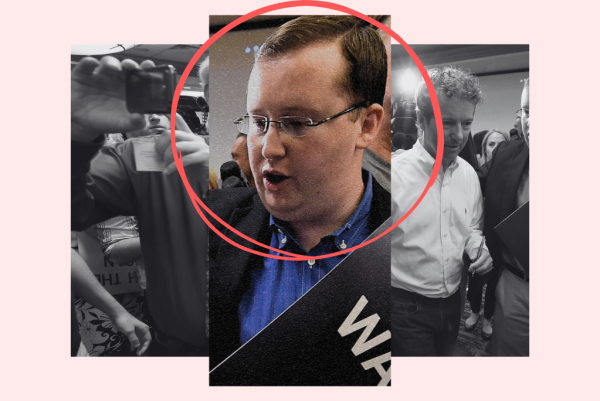

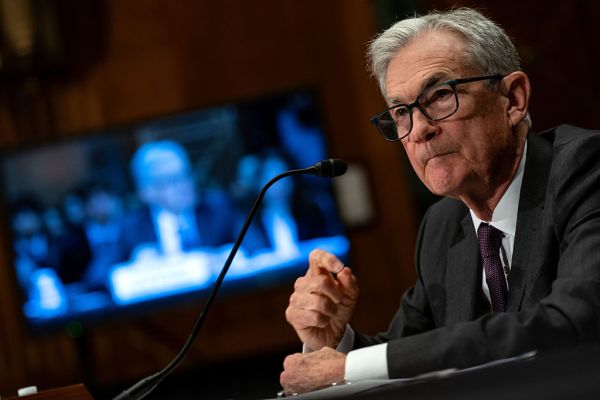

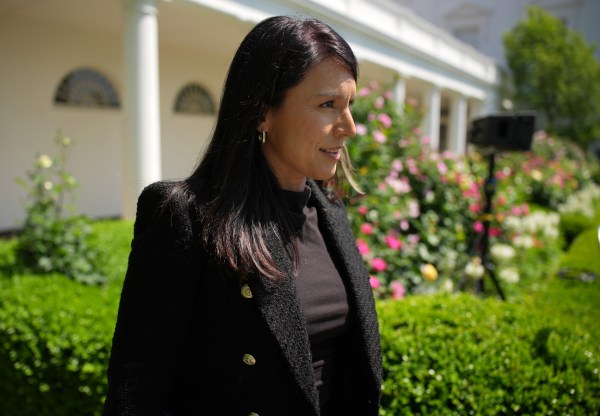

Please note that we at The Dispatch hold ourselves, our work, and our commenters to a higher standard than other places on the internet. We welcome comments that foster genuine debate or discussion—including comments critical of us or our work—but responses that include ad hominem attacks on fellow Dispatch members or are intended to stoke fear and anger may be moderated.
With your membership, you only have the ability to comment on The Morning Dispatch articles. Consider upgrading to join the conversation everywhere.